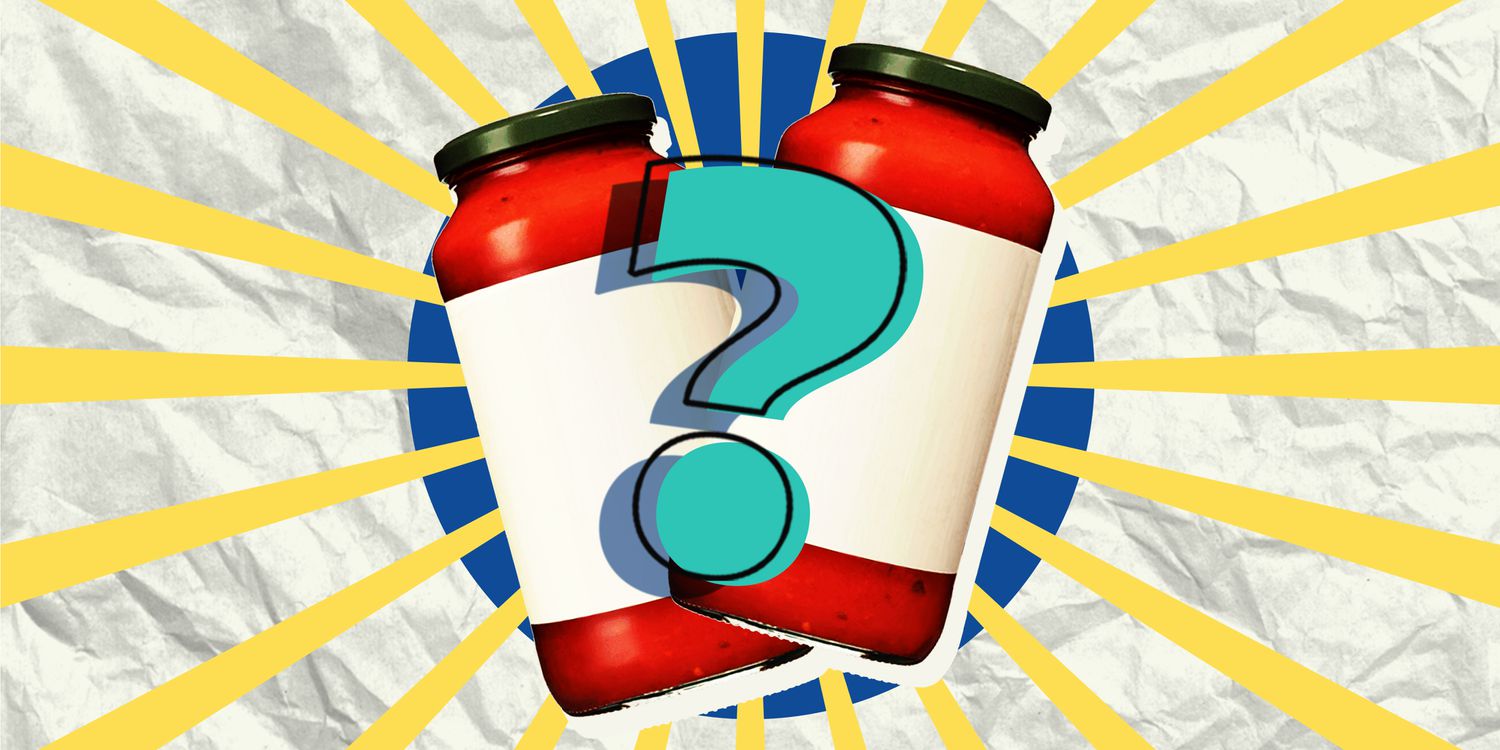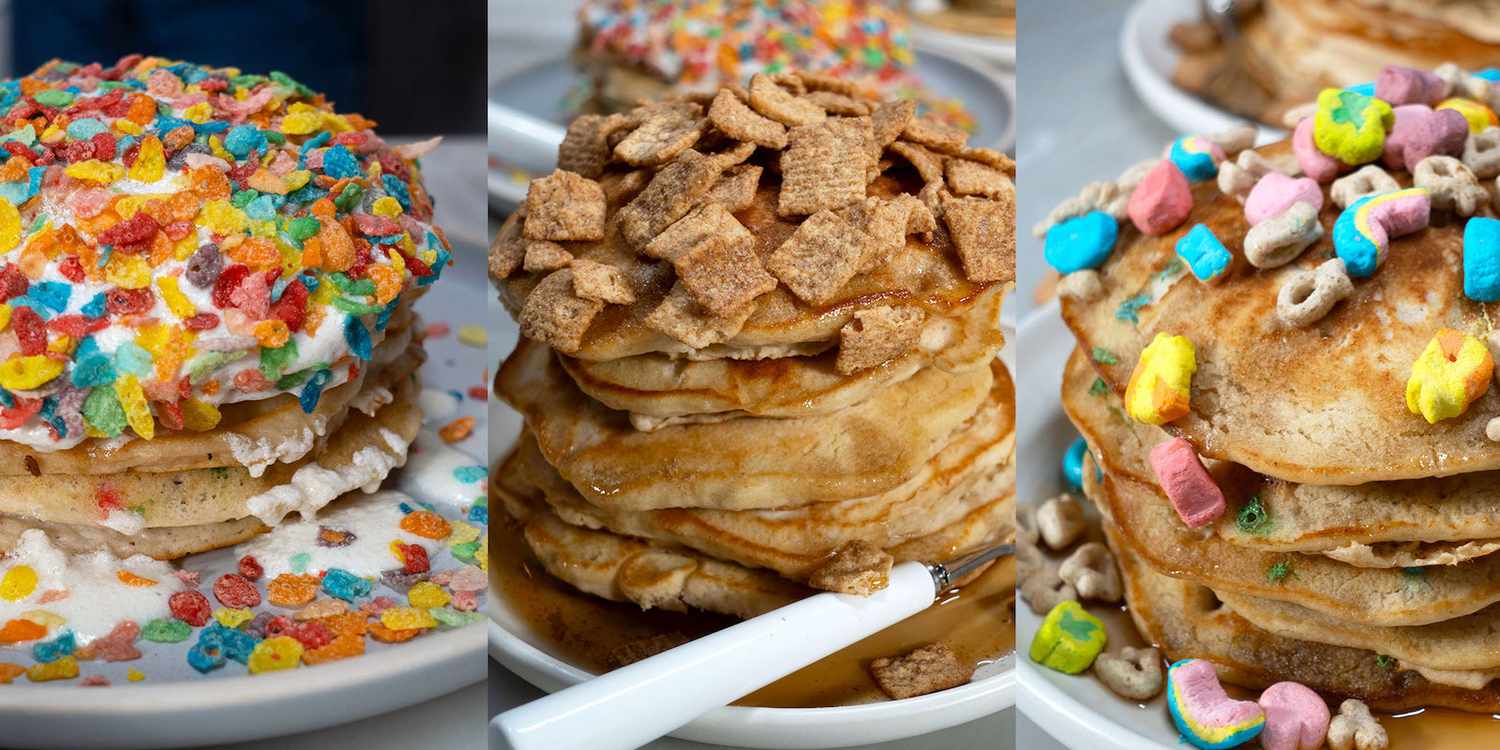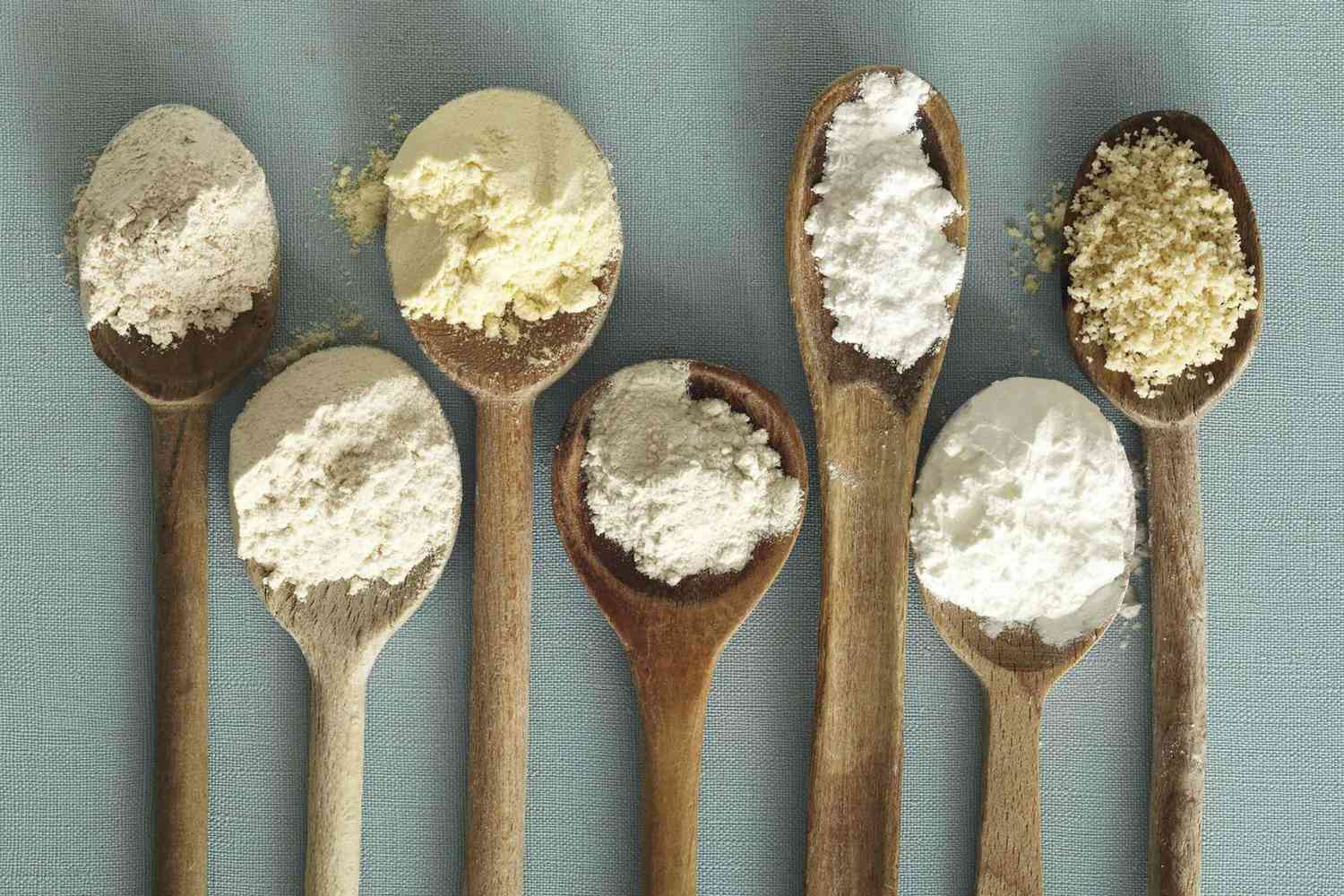For many, no meal is complete without a cool, refreshing glass of H2O. After all, who wants to dig into a plate of salty or spicy food without a glass of water to wash it down? But should you drink water while eating? Is it healthy? Does it cause digestive issues? And what about drinking water before or after eating?
Is It OK to Drink Water While You Eat?
First, let’s dispel the main myth here, that drinking water with your food leads to digestive issues, from the body not absorbing nutrients to bloating. In short, drinking water doesn’t mess with digestion, says Michael F. Picco, M.D., of the Mayo Clinic.
The misconception boils down to the belief that water dilutes stomach acid. The stomach adapts to whatever’s in it, however, so it will produce more acid if needed. In other words, drinking water before, during, or after a meal won’t keep the stomach from doing its job.

On the contrary, drinking water actually improves digestion, helping food move more easily through the digestive system, according to the Cleveland Clinic. Too little water in the body can actually cause constipation.
After food and liquid leave the stomach, water and digested nutrients enter the bloodstream through the small intestine, according to the National Institute of Diabetes and Digestive and Kidney Diseases (NIDDK). Next, the large intestine absorbs the water that remains and uses it to form stools. Because water softens stools, drinking plenty of water eases constipation.
Other myths you may come across say that drinking water with meals can cause acid reflux or raise insulin levels. To be sure, if you have acid reflux or astroesophageal reflux disease (GERD), you may want to limit the amount of water you consume in one sitting to prevent excess pressure on your stomach, Johns Hopkins suggests. Sticking to flat water over sparkling helps, too. Drinking water doesn’t cause these conditions, though.
Finally, if you’re concerned about maintaining insulin levels, don’t put that glass of water down. Your blood sugar can rise due to several surprising factors — including artificial sweeteners and coffee — but water isn’t one of them. Dehydration, however, does lead to higher blood sugar levels, the CDC says.
All in all, drinking water keeps the body hydrated and healthy. So, please, keep filling your glass to your heart’s (or stomach’s) content.




